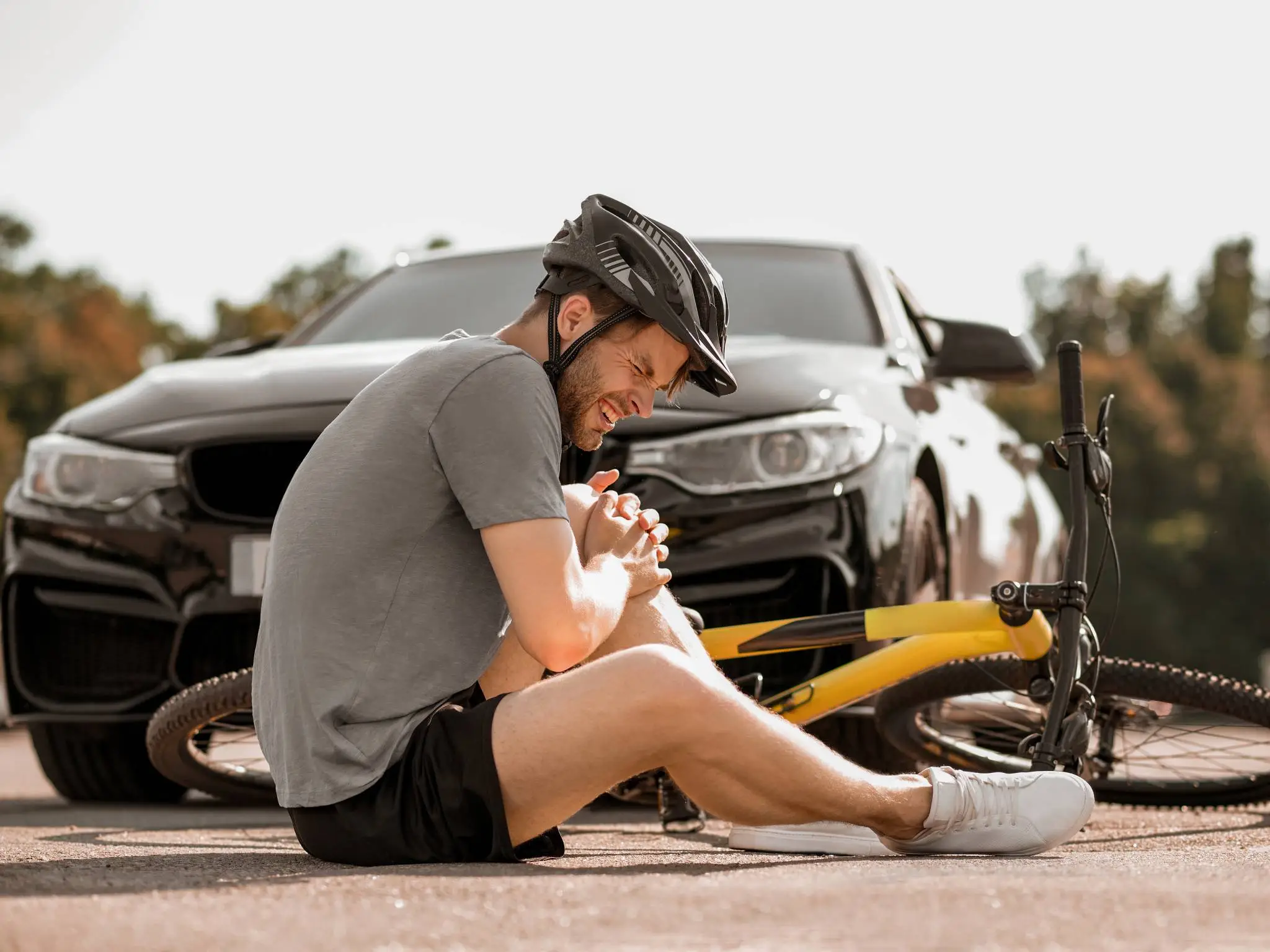Motor vehicle accidents can scary, causing you to become confused and distracted. However, it’s important to keep a clear mind and obtain crucial information after an accident.
Step 1: Ensure passengers are safe
The first thing to do after an accident is to ensure that everyone is safe and uninjured. If anyone is injured, immediately call the police and let them know you need medical assistance. You should also inform the police if someone involved in the accident is under the influence of alcohol or drugs when you’re making the call. Regardless of injuries or not, it’s necessary to call the police as most insurance companies will not cover a case unless a police report is made. Once it’s established that everyone is safe, then you can obtain the information that is needed.
Step 2: Collect information
The next step is to obtain all the names, addresses, and phone numbers of anyone involved in the accident. This includes any drivers, passengers, pedestrians, and witnesses. Make as many notes about the accident as you can and be very specific. Information about the other vehicles is important, such as the licence plates, make, and model. Take notes on details of any damages to the car and where they were made, including if there was any damage prior to the accident and if the lights were functioning at the time.
Having information about the weather and lighting at the time of the accident are also crucial details needed when taking notes. You also need to figure out the insurance status of the vehicles and people involved in the accident. If the person driving is not the registered owner of the vehicle, be sure to collect the owners name, address, and phone number.
You should also take notes on the conversations and words being exchanged. Be aware if anyone has taken the blame for the accident and take note of anyone who has stated whether they’re injured or uninjured. Once they have arrived, take down the names and badge numbers of all police officers who responded to the scene.
Step 3: Collect evidence
The next step is to protect all of the evidence. Take as many photos as possible of the scene of the accident as soon as possible. This can help everyone have a better understanding of how the accident occurred. Take images of everything including all surroundings, people, vehicles, and any damages done. If you plan on calling a lawyer, let them know if you have observed any other evidence as well, like faulty seat belts, burnt out signals, street lights, and signs.
Step 4: Report the accident
It’s important that you contact your insurance company as soon as you can, as some insurance companies take notice of how soon you report the accident. Failing to report it immediately can possibly ruin the chances of them taking your claim. Do not answer any questions asked by the other driver’s insurance until you have consulted with an attorney.
Step 3: Seek help
Be aware of any pains or discomforts that may come up. Although you don’t feel any pain after the accident, don’t assume that you’re fine. Injuries don’t always show up right away and ignoring any symptoms can lead to serious consequences. No matter how slight the pain might feel, go to your doctor or nearest hospital to get checked out because even the smallest discomforts can be more serious than expected.
Soft tissue injuries like whiplash are more serious than one would think. Symptoms can vary from neck and back pain to muscle tension and tightness. This can result in dizziness, lack of sleep, and fatigue. If left untreated, it can lead to severe health issues and pain. Your insurance company will also need proof from medical professionals that the problems were diagnosed and related to the accident.
In the case that you’re injured, be sure you tell your medical care provider of all symptoms to ensure an accurate diagnosis. You should continue to be aware of any pains and continue to care for your injuries after getting examined. Follow your physician’s recommended course of treatment and receive on-going treatment until all injuries have been resolved.
How Focus Physiotherapy can Help
Seek out physiotherapy or other forms of treatment if needed. Physiotherapy is a form of therapy to restore and regain physical function in individuals and has been one of the best methods of treating injuries caused by car accidents. Each individual requires different forms of treatments to heal, meaning that various techniques will be carried out by the physiotherapist to achieve maximal recovery. Techniques like active therapy, exercise conditions, manual therapy, active and passive stretching, ultrasound therapy, and hands on soft tissue techniques can be carried out to help an individual with motor accident injuries.
It’s not just physical injuries we have to look out for. A traumatic event like a car accident can have serious psychological and emotional impacts on an individual. Phobias can set in, which can prevent an individual from driving again or being in a vehicle. It’s important to seek psychological help once symptoms are noticed. The longer you wait, the more difficult it might become to treat any disorders. It’s important to recognize and treat any symptoms before they progress.
For more information about how we can help you recover from injuries sustained in a car accident, call Focus Physiotherapy or contact us here.


